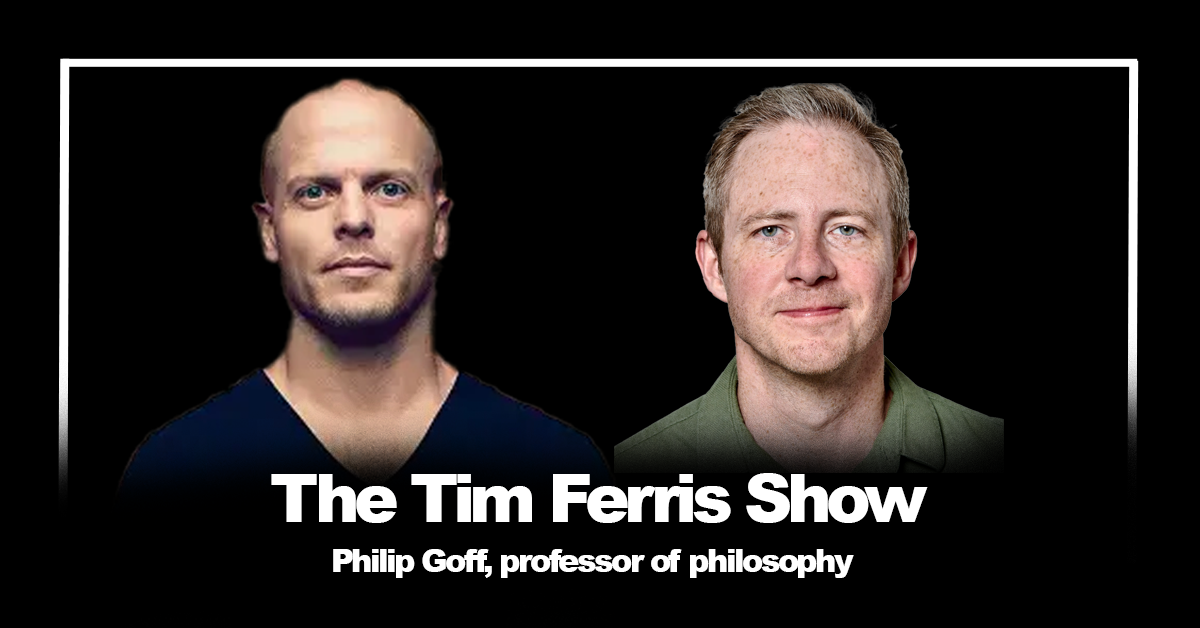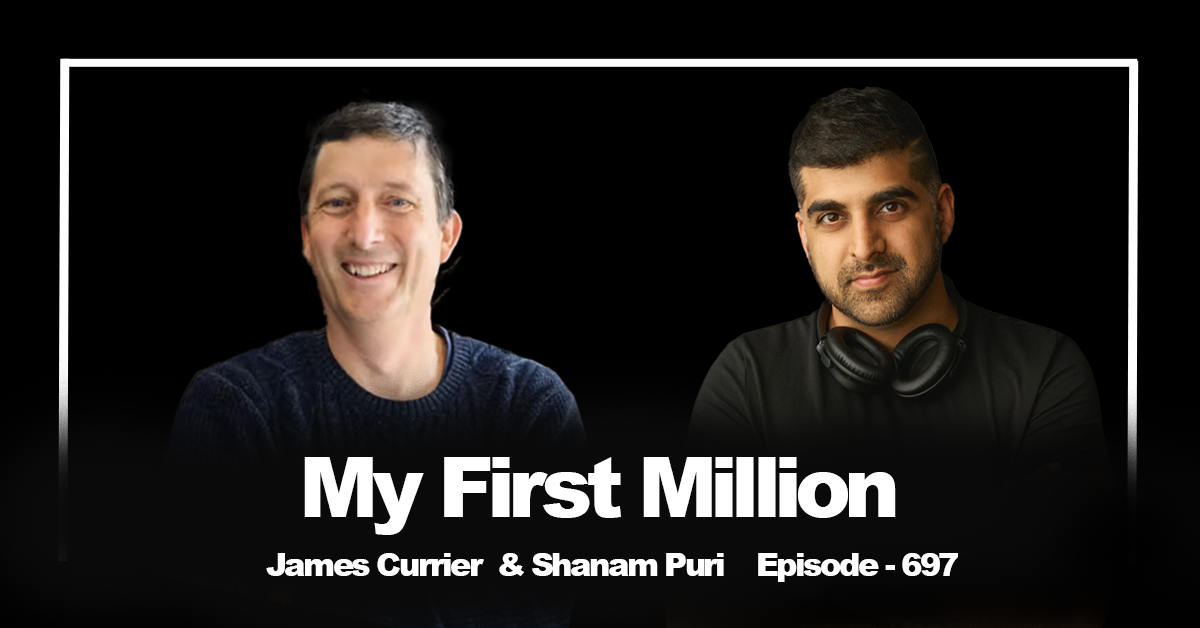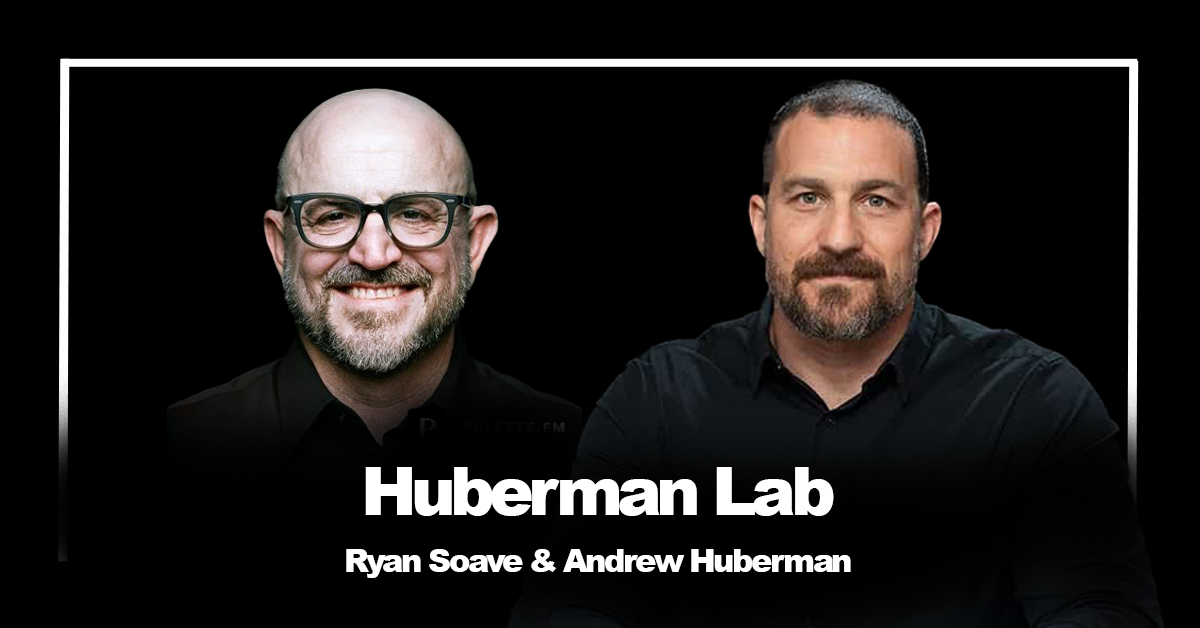This week, we dive into one of the deepest mysteries of existence – consciousness itself – with philosopher Philip Goff. His work, particularly on a view called pansychism, gained significant attention after a Scientific American interview became one of their most viewed articles in 2020, suggesting these seemingly abstract ideas resonate deeply.
Goff challenges the conventional scientific view that consciousness somehow “pops up” only in complex brains. Instead, he explores the fascinating (and perhaps startling) possibility that consciousness isn’t an emergent fluke, but a fundamental feature of reality itself. This conversation tackles the “hard problem” of consciousness, the limits of science, the role of philosophy, and surprisingly, how these heady topics connect to mystical experiences, religion, and finding meaning in life.
Here are the detailed key insights and takeaways:
1. What is Pansychism? (It’s Not What You Might Think)
- The Core Idea: Pansychism proposes that consciousness “goes all the way down” to the fundamental building blocks of reality. While human consciousness is incredibly rich and complex (evolved over millions of years), simpler forms of subjective experience might exist even in particles like electrons and quarks, or underlying quantum fields.
- Important Nuance: This doesn’t mean your socks or a table are having thoughts and feelings like a human. Pansychism argues the basic constituents possess simple consciousness, and complex consciousness (like ours) is built up from these simpler forms. It also doesn’t necessarily mean every random combination of particles (like a rock) has its own unified consciousness.
- Why Consider It? Goff argues pansychism isn’t just a wild guess. There are “coldblooded intellectual reasons” – primarily, it offers a potential solution to the “hard problem” of consciousness: how does physical stuff (brains) give rise to subjective experience (feelings, qualia)? Pansychism suggests consciousness was there from the start. It also resonates with insights from psychedelic experiences where consciousness can feel pervasive.
2. Defining Consciousness: “What It’s Like to Be”
- Subjective Experience: The standard philosophical and scientific placeholder definition used here is simply subjective experience – what it’s like to be you (or a bat, or perhaps even an electron). It encompasses sensory experiences, thoughts, feelings – the inner world.
- Qualia: Philosophers use this term for the specific qualities of experience – the redness of red, the smell of coffee, the taste of mint. Physical science struggles to capture these qualities mathematically.
3. Galileo’s “Error”: Why Science Struggles with Consciousness
- The Great Separation: Goff argues that modern science, starting with Galileo, achieved its incredible success by deliberately excluding consciousness (subjective qualities) from its domain to focus on purely mathematical, quantitative descriptions of the physical world. Colors, sounds, tastes were relegated to the “soul,” outside of science.
- The Consequence: This created the very problem we now face – trying to explain consciousness using a scientific method designed to ignore it. Goff suggests we need a “more expansive scientific method” that can bring consciousness back into the scientific story.
4. Challenging Materialism: Consciousness as Fundamental
- The Standard View (Emergence): Physical reality (particles, brains) is fundamental, and consciousness somehow “emerges” when systems reach a certain complexity. We don’t know how.
- The Pansychist View: Consciousness (in simple forms) is fundamental, and physical reality (as described by physics) emerges from, or is intrinsically linked to, this underlying consciousness. Goff cites Bertrand Russell and Arthur Eddington (1920s) who argued physics describes mathematical structure but not the intrinsic nature of matter – consciousness could be that intrinsic nature.
- Historical Precedent: Goff notes that viewing consciousness as fundamental isn’t new. Many early quantum pioneers (like Max Planck) held similar views, wrestling with the observer effect and the nature of reality.
5. Science AND Philosophy Are Needed
- Limits of Observation: Consciousness isn’t publicly observable. Scientists can correlate brain activity with reported experiences in humans, but can’t directly “see” the feeling itself, making extrapolation to non-humans inherently philosophical.
- Interpreting Data: Scientific data on brain activity (e.g., front vs. back of the brain debates, Integrated Information Theory) still requires philosophical interpretation regarding what it means for consciousness.
- Integrated Information Theory (IIT): A prominent scientific theory proposing consciousness correlates with the level of “integrated information” (phi) in a system. Goff notes its proponents increasingly align with the philosophical view that consciousness is fundamental.
6. From Atheism to “Heretical Christian”: Goff’s Journey
- Leaving Religion: Goff became an atheist at 14, partly due to the problem of suffering and finding traditional Christianity unspiritual.
- The Fine-Tuning Problem: Later, the “fine-tuning” of physical constants (which seem incredibly unlikely to support life by chance) challenged his atheism.
- Exploring Middle Ground: His book Why? explores options between traditional theism and atheism, like cosmic purpose embedded in natural laws, a God with limited powers, or a conscious universe (Cosmic Pansychism).
- Return to Practice: Finding “spiritual but not religious” ultimately felt unstructured, Goff began engaging with Christian mystical traditions (especially Eastern Orthodox), focusing on practice, community, ritual, and connection rather than strict dogmatic belief. He draws parallels with Sufism and other mystical paths.
- Belief vs. Trust (Pistis): Citing Karen Armstrong, he argues the original meaning of “belief” (pistis) was closer to trust, commitment, and engagement, rather than intellectual assent to propositions – a shift that occurred later with the Reformation and scientific revolution.
7. Mystical Experience & The Nature of Reality
- Trusting Experience: Echoing William James, Goff suggests it might be rational to trust mystical or “numinous” experiences (even subtle ones, like the feeling in early morning light) as potential insights into reality, just as we trust our ordinary senses, while acknowledging fallibility.
- VR vs. Reality: An experience with VR highlighted the incredible richness and subtlety of ordinary “boring” reality compared to even the best simulations, reinforcing the value of presence and mindfulness.
- Practical Ethics: Understanding which entities are conscious (animals, infants, insects, plants?) has profound ethical implications.
Final Wisdom: Contribution & Openness
Goff suggests orienting one’s life not just towards personal success, but towards making a contribution. He believes happiness flows more readily from this orientation. He advocates for openness to different ways of knowing, integrating scientific rigor with philosophical inquiry and even personal spiritual experience, acknowledging the deep uncertainty surrounding life’s biggest questions.
Want to explore further? Find Philip Goff’s work, articles, videos, and links to his books (Galileo’s Error, Why? The Purpose of the Universe) at philipgoffphilosophy.com (or his handle @Philip_Goff on X/Blue Sky).
Until next time,
The Podcast Notes Team





